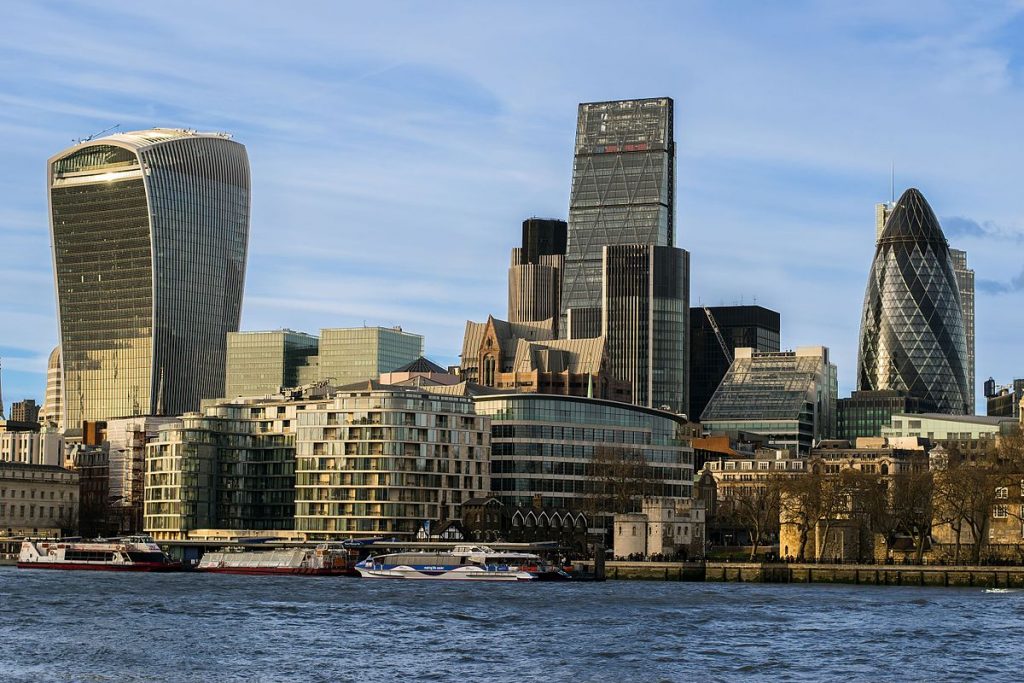
Coronavirus is leaving no area of life untouched. In the space of a couple of months, we’ve seen governments around the world announcing economic interventions on a scale unseen since the crash of 2008.
A crisis this big requires action on a similar scale: immediate action to support businesses, maintain employment and ensure that the recovery plan works in the collective interest.
Placed in an international context, the UK government’s response has been shockingly limited. The staggering rise in universal credit applications reflects significant gaps in current support measures for employees and small businesses alike: the failure to raise sick pay to cover basic living costs, the delay in money for small businesses and self-employed people and the absence of financial measures to support renters.
There’s not much appetite for business as usual among the working population on the sharp end of these measures and making personal sacrifices in the name of a common good. They don’t just want to hear that we’re all in this together; they want to see it.
There’s little doubt that we’re heading for the second worst economic recession in history. The latest figures from the Office for National Statistics show that gross domestic product (GDP) fell by 2 per cent during the first three months of 2020. March alone saw a record 5.8 per cent drop, which was the driving force behind the overall contraction. The chancellor, Rishi Sunak, has said we are facing a “severe impact” from Covid-19 – which is all the more reason for us to make sure we take the correct action to get the UK back on its feet.
We should learn from our previous mistakes. In 2008, big business got a bailout, while working people got the biggest wage squeeze since the Napoleonic era, with rising living costs and swingeing cuts to public services. In many ways, coronavirus has pried open the old wounds of austerity, which never fully healed for many anyway. This time, our recovery must put people before profit.
Calling government support measures bailouts is something of a misnomer. Done properly, keeping businesses afloat and supporting workers will be a boon for the majority, not a blot on the balance sheet. The current situation should be the chance to invest and chart a new path away from devastating austerity policies of recent years. The emphasis has to be on good business.
Unconditional bailouts will only hobble our recovery and plunge more people into a worse situation than they were in before coronavirus. That’s why now is exactly the right time to talk about how businesses should conduct themselves if they want to draw on government support. We’ve written to the chancellor with cross party support suggesting three essential conditions that big businesses seeking state support should follow to qualify:
- They must not be registered in tax havens.
- They must implement a moratorium on dividend payouts and share buybacks.
- They must curb excessive executive pay.
These are simple, common sense measures that would help ensure better compliance from UK companies in future. People have limited sympathy for CEOs going cap in hand to ask for state support when those same CEOs have previously decided it’s not in their remit to support the state. Equally, companies are going to have a tough time explaining to the public why they should be given state money if they’re just going to line executives’ and shareholders’ pockets.
Around the world, the current crisis is making it clear that we can’t go back to big business as usual. Some countries have already taken positive action against tax avoiders. Denmark, Belgium, France and Poland have all adopted similar measures to those we’ve proposed.
In the wake of coronavirus, there’s an emerging new consensus that government support should never be unconditional and public money must always be used in the public interest. Whatever happens, we must do all we can to put people, not profit, at the heart of the next recovery.
We can’t allow businesses to fail: people’s jobs depend on it. Big business needs to stop taking big liberties and being a big employer needs to come with some big responsibilities.
This article was co-authored with Apsana Begum is (Labour MP for Poplar and Limehouse), Zarah Sultana (Labour MP for Coventry South), and Claudia Webbe (Labour MP for Leicester East and first appeared online at Independent Voices: https://www.independent.co.uk/voices/coronavirus-economic-recovery-bailouts-businesses-a9512076.html
